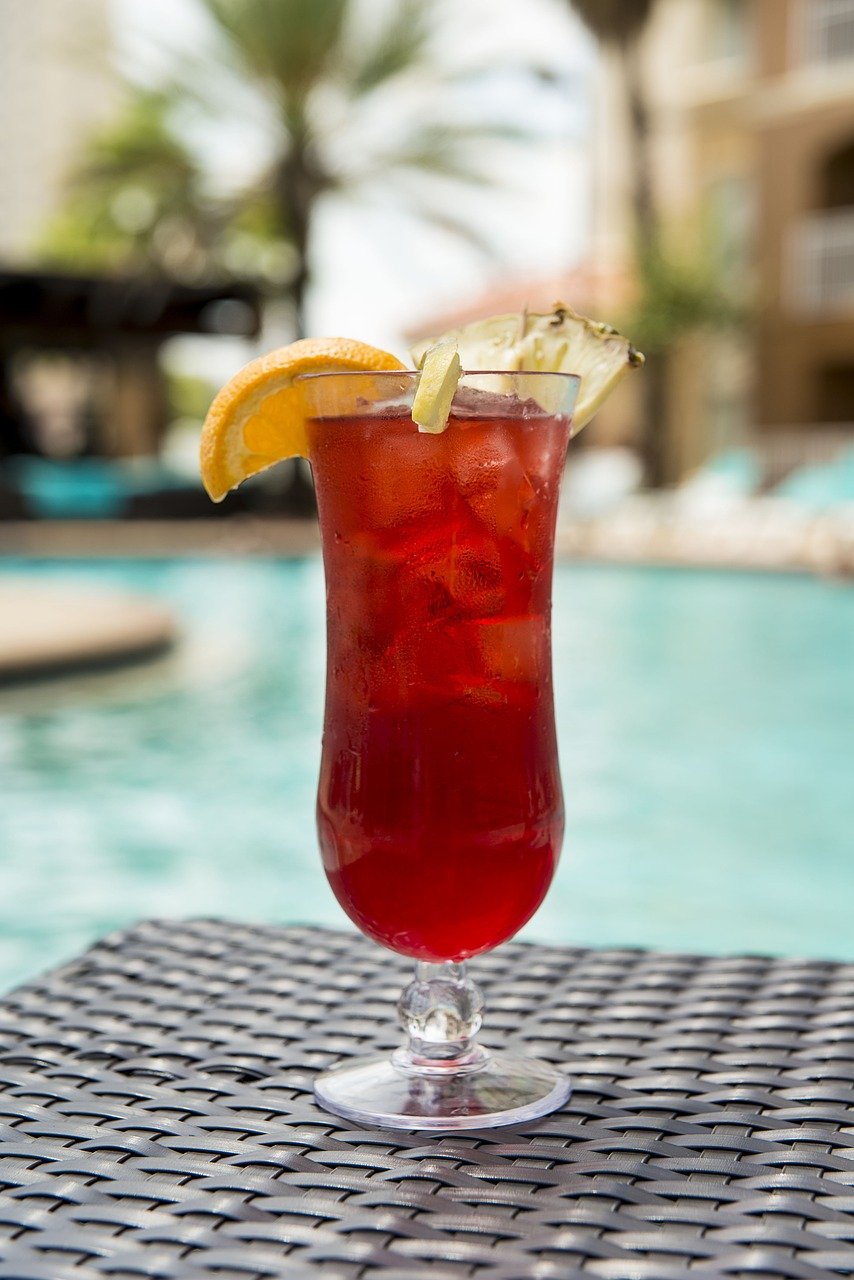Does Alcohol Impact Your Weight Loss Goals?
When striving to achieve our weight loss goals, it is essential to consider the impact that alcohol consumption can have on our progress. As we engage in our health and fitness journey, understanding how alcohol affects our diet and weight loss efforts is crucial for making informed choices. In this article, we will delve into the relationship between alcohol, diet, and weight loss to help us make conscious decisions about our consumption.
Understanding the Calories in Alcohol
Alcoholic beverages contain empty calories, which provide energy but lack essential nutrients such as vitamins, minerals, and fiber. While macronutrients like proteins, carbohydrates, and fats contribute to our daily energy intake, alcohol is often overlooked as a significant source of calories. By recognizing the calorie content of alcohol, we can better manage our consumption to align with our weight loss goals.
The Impact of Alcohol on Metabolism
When we consume alcohol, our bodies prioritize metabolizing it over other nutrients, which can slow down our metabolism. This can hinder our ability to burn fat and can lead to weight gain over time. Understanding how alcohol affects our metabolism can help us make decisions that support, rather than hinder, our weight loss efforts.

This image is property of pixabay.com.
Alcohol and Appetite Control
Alcohol can also influence our appetite and eating behaviors. It can stimulate our hunger and reduce our inhibitions, leading us to consume more calories than we intended. This can sabotage our weight loss goals by causing us to overeat or make unhealthy food choices. Recognizing how alcohol impacts our appetite control can help us develop strategies to manage our consumption effectively.
The Role of Alcohol in Fat Storage
Consuming alcohol can lead to an increase in fat storage in our bodies, especially in the liver and abdominal area. This can contribute to weight gain and make it challenging to lose excess fat. Being aware of the role alcohol plays in fat storage can motivate us to reconsider our drinking habits and prioritize our weight loss goals.

This image is property of pixabay.com.
Tips for Managing Alcohol Consumption
-
Set Limits: Establishing boundaries for how much alcohol you will consume can help you control your calorie intake and support your weight loss efforts.
-
Choose Wisely: Opt for lower-calorie alcoholic options such as light beer, wine spritzers, or spirits mixed with calorie-free mixers to reduce your overall calorie intake.
-
Stay Hydrated: Drinking water between alcoholic beverages can help you stay hydrated and may reduce the amount of alcohol you consume throughout the evening.
-
Plan Ahead: Before attending social gatherings or events where alcohol will be served, decide how many drinks you will have in advance to avoid overindulging.
-
Mindful Eating: If you choose to drink alcohol, be mindful of your food choices and portion sizes to prevent excessive calorie consumption.
Incorporating Alcohol into Your Diet
While alcohol can pose challenges to our weight loss goals, it is possible to include it in moderation as part of a balanced diet. By making conscious choices about when and how much alcohol to consume, we can enjoy the occasional drink without compromising our health and fitness progress. Here are some tips for incorporating alcohol into your diet without impeding your weight loss goals:
-
Plan Ahead: If you know you will be enjoying a drink or two, adjust your meal plan for the day to accommodate the additional calories from alcohol.
-
Keep Track: Monitor your alcohol consumption along with your overall calorie intake to ensure you are staying within your daily limits and making progress towards your weight loss goals.
-
Compensate: If you indulge in alcoholic beverages, consider reducing your calorie intake from other sources or increasing your physical activity to offset the additional calories consumed.
-
Balance Your Plate: When enjoying alcohol, make sure to include a balance of macronutrients in your meals to support your nutritional needs and prevent excessive calorie consumption.
-
Mindful Drinking: Be present and aware of your consumption, savoring each sip rather than mindlessly drinking. This can help you enjoy your drink more fully and prevent overindulgence.

This image is property of pixabay.com.
Conclusion
In conclusion, the impact of alcohol on our diet and weight loss goals is significant and requires careful consideration. By understanding the calorie content of alcohol, its effects on metabolism, appetite control, and fat storage, we can make informed decisions about our consumption. Incorporating alcohol into our diet in moderation and with mindfulness can support our health and fitness journey while still allowing us to enjoy the occasional drink. By implementing the tips and strategies outlined in this article, we can navigate the relationship between alcohol and weight loss with intentionality and balance. Cheers to making informed choices and reaching our goals!
